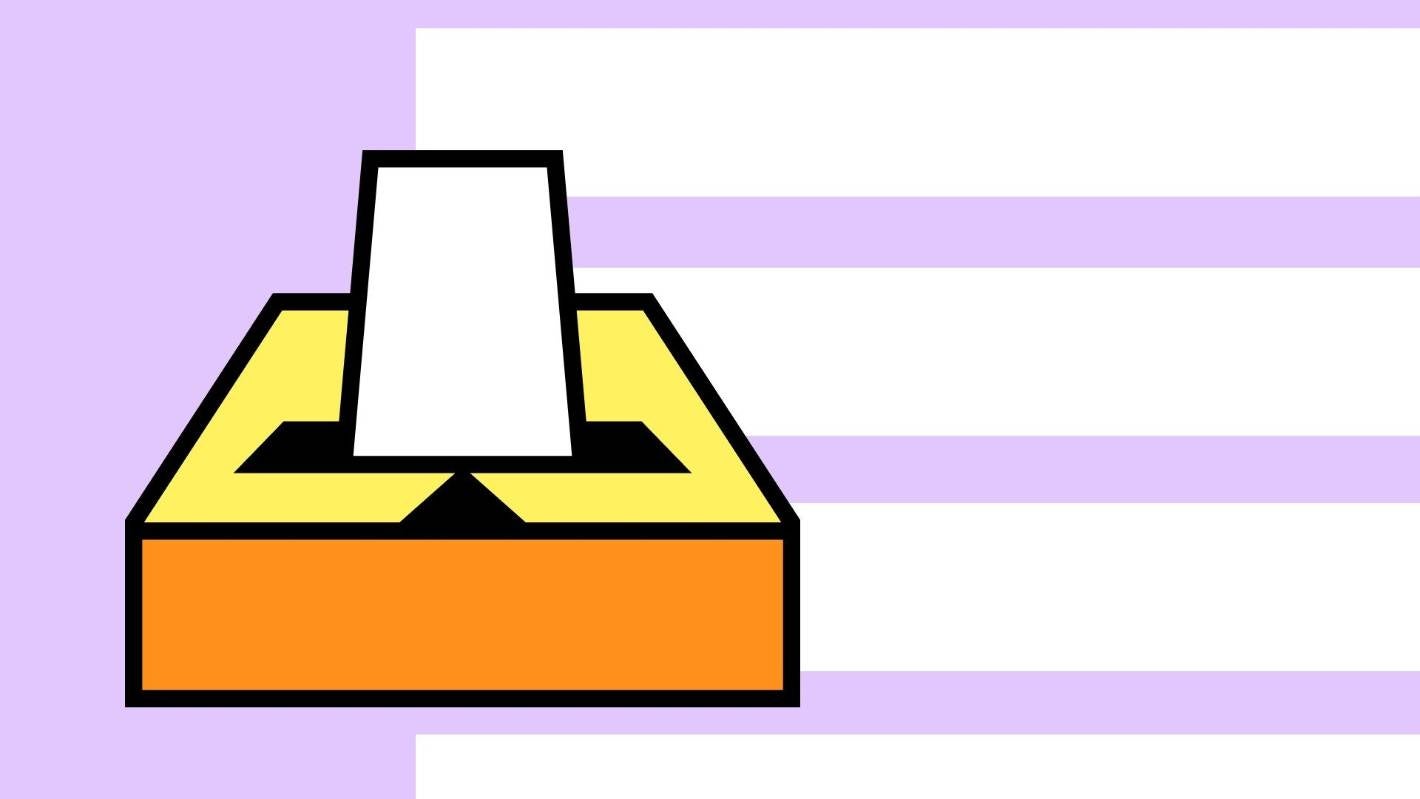The hoardings are up and the public debates have started for the 2022 local body elections.
Now it is up to the most important player in the elections – you, the voter – to make your move and decides who stays and who goes.
By Wednesday, you should have received your voting papers for the postal vote.
But don’t panic if you have not got these papers in the mail – you can still make your vote count.
READ MORE:
* It’s over to voters as the clock counts down to Auckland’s new council
* Take Five: Key questions about women in local politics
* Voting strategically in council elections, explained
1. What are the local elections?
The local government elections are held every three years, allowing you to decide who represents you in your city, district and regional councils – also known as local authorities.
Alex Lim/Stuff
The 2022 local body elections decide who will be mayor, councillors, regional councillors, local and community board members, and licensing trust members in your city or district.
In some parts of New Zealand, local elections are also held for local and community boards, and licensing trusts.
Unlike the central government elections, this is a postal vote, so you can make your decision in the comfort of your own home, rather than going to a polling booth.
Each council runs their own elections and has their own electoral officer, with information and contact details available online.
2. What shall I do if I haven’t received my voting papers?
By Wednesday, you should have received your voting papers, including a freepost return envelope.
Juan Zarama Perini/Stuff
You should have received your voting papers for the upcoming local elections. If not, you can still make a special vote. (File photo)
If you have not received your voting papers, it could be because you are not enrolled; your enrolment address is wrong; you enrolled after August 12; or your voting pack was lost or damaged.
You can still cast a special vote but you need to be correctly enrolled by midnight on October 7 for your vote to count.
The Electoral Commission’s Vote NZ website has an easy-to-use online tool where you can check your enrolment details – this will also give information about which councils and constituencies you will be voting for.
You can enrol or change your details online – the simplest way is if you have ID like a New Zealand driver’s licence, New Zealand passport or RealMe verified identity – or call 0800 36-76-56.
Once enrolled, you need to contact your electoral officer for a special voting pack or get the pack from your council service centre.
Ricky Wilson/Stuff
To vote on who will represent you in your city, district or regional councils, you first must be enrolled to vote. (File photo)
To cast a special vote you will need to sign a statutory declaration. This is a legal requirement which protects against possible duplicate voting.
3. When is the election?
Technically, election day is October 8, with voting closing at midday. But it is better to get your vote in before this date, rather than wait for the last minute.
Voting is now open and people can put their vote in the mail up until Tuesday, October 4.
Votes are also accepted at council secure ballot boxes until midday on October 8.
Supplied
Completed voting forms can be posted up until Tuesday, October 4. (File photo)
While most councils have these secure boxes at council service centres, some councils have also put them in other places to make it easy, such as Auckland Council including ballot boxes at 65 Countdown supermarkets.
Preliminary results will be available as soon as possible after voting closes on October 8, with final results declared between October 13 and 19.
4. How do I fill out my voting form?
Read your instructions carefully before casting your vote, as some councils use the first past the post (FPP) voting system and some use single transferrable vote (STV).
Some voters might have to use a mixture of these two systems. For instance, Far North voters will use STV for their Far North District Council choices, then FPP for their Northland Regional Council choices.
With FPP, tick the boxes next to your preferred candidate’s name.
Alex Lim/Stuff
With first past the post (FPP), voting is done simply by you placing a tick next to your preferred candidate’s name. But before you do, make sure your council is using FPP.
With STV, rank the candidates in order of your preference by writing “1” next to the name of your preferred candidate, “2” next to the name of your second-favourite candidate and so on.
You can rank one or all of the candidates – or somewhere in between.
Once you have completed filling out your voting form, put it in your freepost envelope and return it before election day (see above).
If you make a mistake or the dog eats your paper before you have a chance to send it, you will need to fill out a special vote.
5. Why should I care about the elections?
You don’t have to vote but your vote is important because those elected will make key decisions about what happens in your community in the next three years.
While a key part of councils is setting and collecting rates, it is not only ratepayers – homeowners – who are affected.
Councils provide services like local roads (all roads except state highways), swimming pools, public transport, rubbish collection, parks and libraries, as well as making key decisions about the future of your town or city.
The work of councils and local authorities impacts everyone in their daily lives, so why wouldn’t you want to vote?




